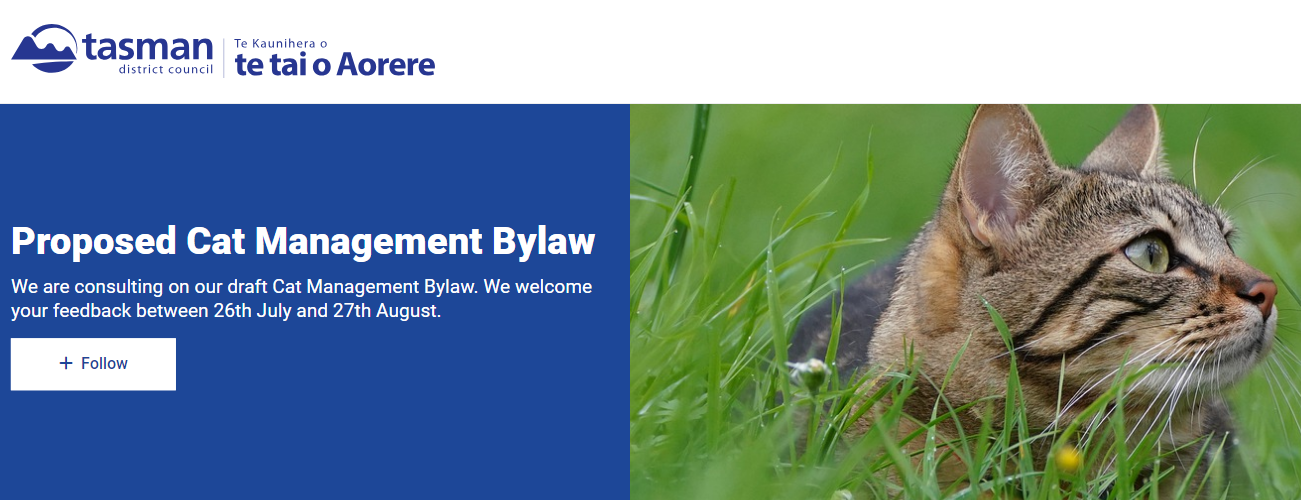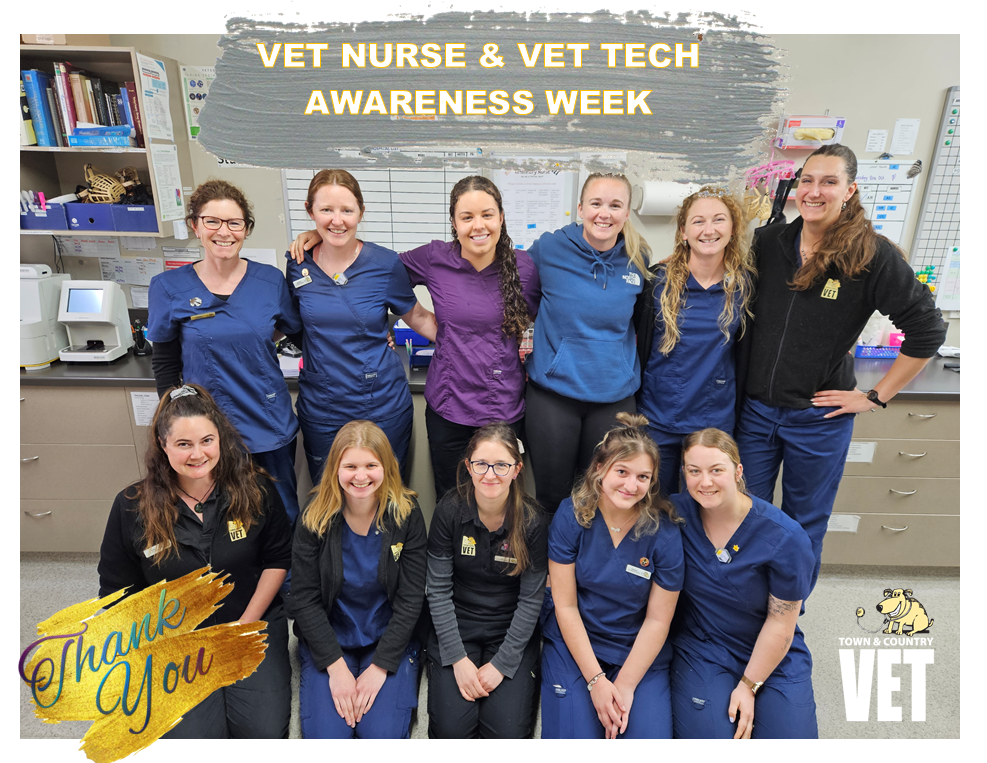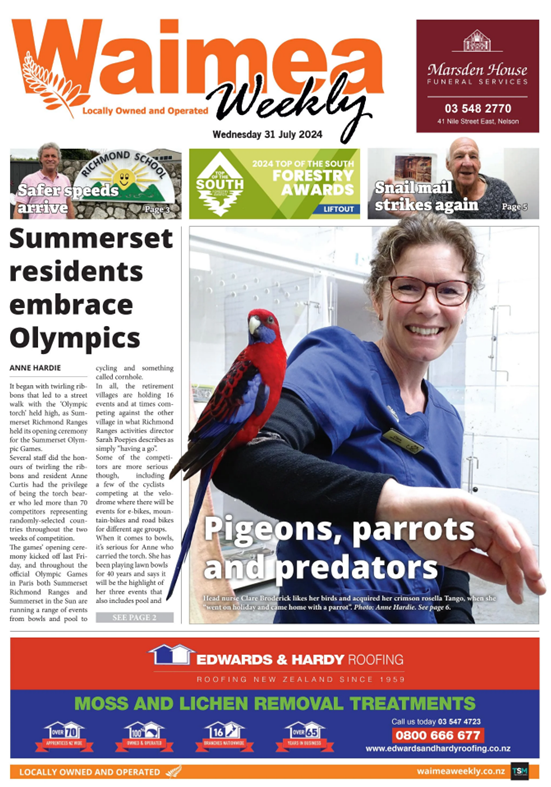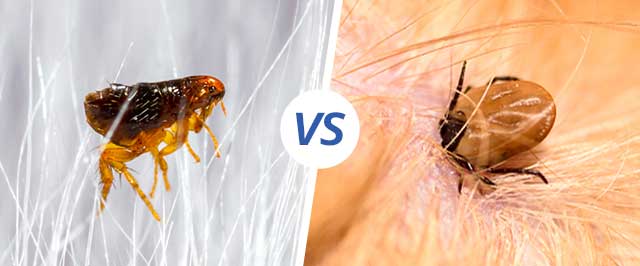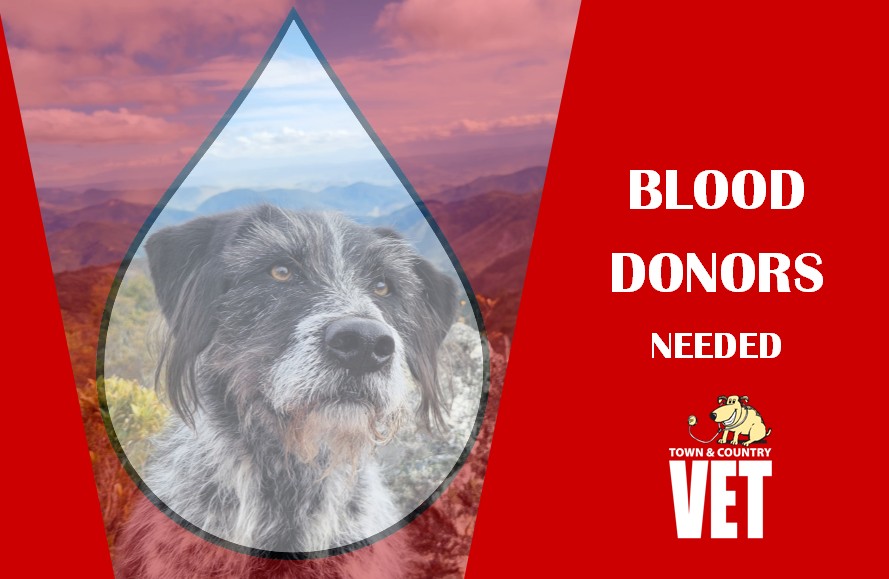In the last month both of our local councils have implemented an updated Cat Management Bylaw. For Nelson Council this effect came in on the 19th of December 2024, and for Tasman District Council this was on the 1st of January 2025.
The main bylaw changes are the requirements for all cats to be microchipped, this microchip be registered with NZCAR and desexed. For Nelson this is for all cats over 4 months of age, and in Tasman those over 6 months of age. For those of us that already have cats we have until June 2026 to comply with the bylaw.
Here with Town & Country Vet cat microchipping is a straightforward procedure that can be done without any sedation. The microchip is around the size of a grain of rice and sits under the skin on the top of your pet’s neck. As well as being an identifier to let us reunite pets they can also be used with some cool tech like pet doors and feeders!
Having your pet microchipped lets us reunite lost and injured animals quickly!
If you need to check if your cat is microchipped or registered, please feel free to contact Town & Country Vet and we can check for you. If you haven’t updated the details recently then it is worth checking the NZCAR database at Companion Animals Home » Companion Animal Register to make sure your contact details is correct.
If your pet needs microchipped call us and we can book an appointment to have this done. Doing this at the same time as your pet’s health check or desexing can also be done and is a cheaper way to do this.
If you want to read about the specifics of the bylaws then they are available at Cat management bylaw – Nelson City Council and Cat Management Bylaw | Tasman District Council.
We hope this bylaw makes it easier for us to make sure we can care for our local cats and if they get lost make sure they get back to the families that love them faster.


